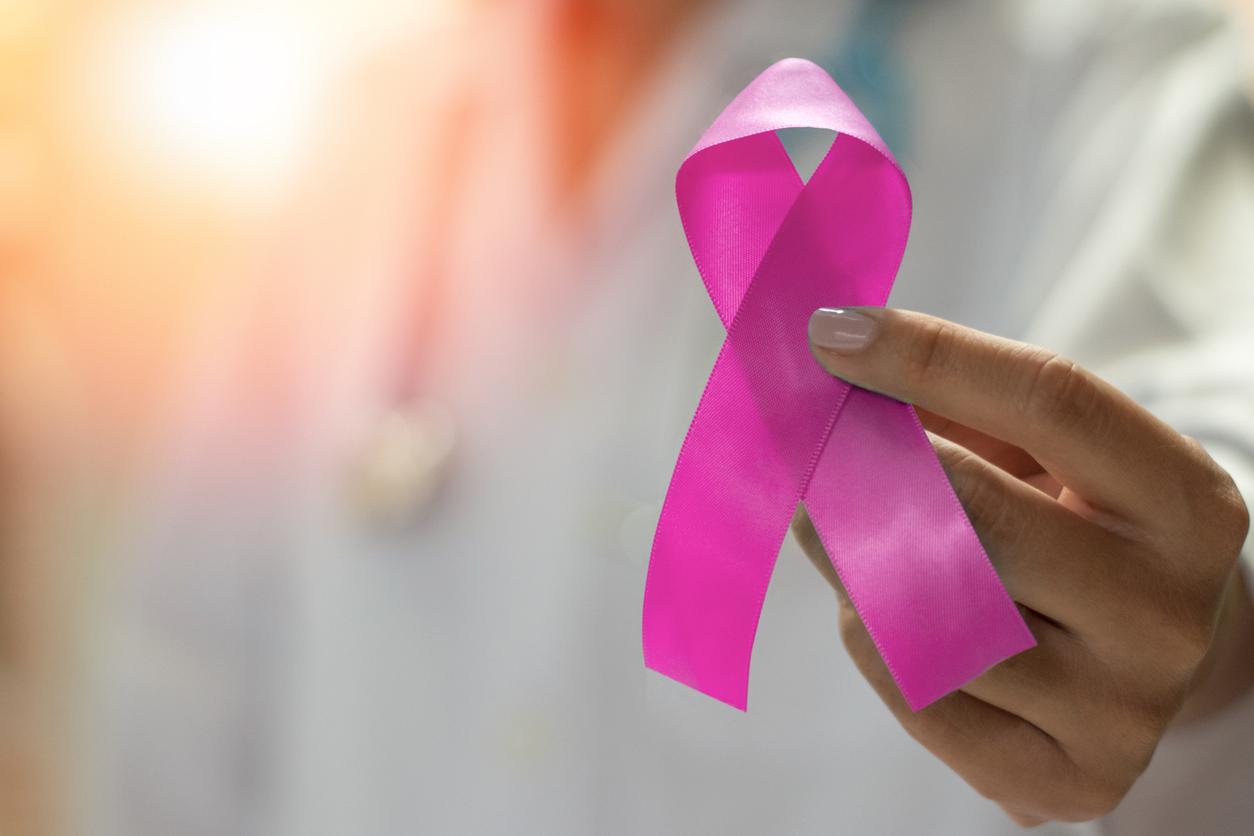A new survey reveals, on the occasion of Pink October, what French women wanted to better deal with breast cancer.

- Breast cancer affects more than 60,000 women each year.
- To better cope with the pathology, the French have formulated their expectations in a new survey.
At the start of autumn, the Pink October communication campaign raises awareness of breast cancer, which affects more than 60,000 women each year. To better cope with the pathology, French women have formulated their expectations in a new poll.
Continue Pink October
Type communication operations Pink OctoberMars Bleu or Mois sans tabac are unanimously appreciated by the French (at 90%) and especially women.
Forty-eight percent of women obtain information at awareness-raising events (brochures, Internet, etc.) and 37% actively participate in them (awareness days). Forty percent of men obtain information through this bias and 30% participate in it.
Be more informed about risk factors
While certain risk factors, such as tobacco, alcohol or pesticides are clearly identified, others remain underestimated, such as lack of physical activity and an unbalanced diet. Only 4% of those under 25 consider the lack of physical activity to be a very aggravating factor.
Alcohol is not perceived in the same way as an aggravating factor depending on the geographical area. Twenty-three percent of the inhabitants of the South-West zone gave it a score between 8 and 10 compared to 29% on average for the other zones.

Live better with illness
French women say they are well informed about screening (61%) but they are much less informed about treatments (50%), the patient’s experience (47%), cancer research (46%) and the role of caregivers (45%).
Talk less about Covid-19
Even though the level of information of the French on breast cancer could already be improved before the health crisis, particularly among those under 50 and the least favored socio-professional categories, the disappearance of prevention and awareness messages on breast cancer is of concern to respondents.
Seventy percent of French people believe that cancer prevention and awareness messages are still not heard despite deconfinement. This perception is more present among men (71%) than among women (67%), who seem more attentive to the health messages communicated to them.
.

















